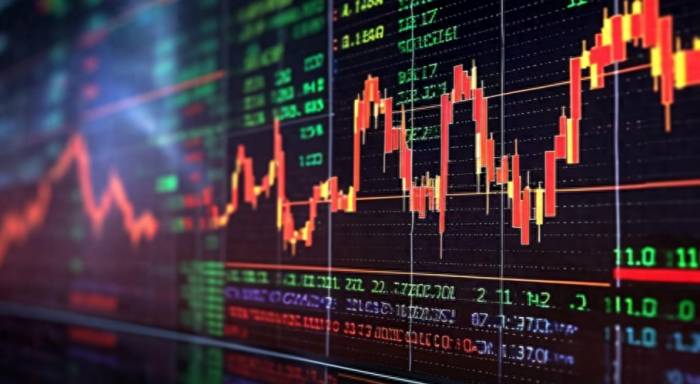In recent trading sessions, the A-share market has witnessed a significant surge in trading volume, even surpassing the monumental milestone of 2 trillion yuan. While this may seem like a cause for celebration among investors, the actual sentiment in the market tells a different story. Beneath this ostentatious surface lies a turbulent undercurrent characterized by panic and heightened risk due to the frequent sell-offs by major institutional investors. Today, let’s delve into the underlying reasons for this scenario and its potential impact on the everyday investor.
To fully comprehend the current spike in trading volume, we must consider the economic backdrop. Against a backdrop of increasing optimism regarding economic recovery, a flood of investors has rushed to participate in the stock market, contributing to a dramatic increase in trading activity. Nevertheless, this influx has been met with aggressive sell-offs by significant market players, causing a swift shift in market sentiment from exuberance to sheer panic.
This week, a prominent institutional investor executed massive sell-offs over just a few days, triggering a collective plunge of several popular stocks. This pattern suggests a growing unease and skepticism among major investors regarding the sustainability of the current market rally. Regular investors find themselves questioning the motives behind these large-scale withdrawal actions. What are the major players doing? Why are they choosing this particular moment to offload their holdings?
Advertisement
From a technical perspective, the market shows clear signs of fatigue. The indices struggle to maintain upward momentum, with individual stock performances becoming increasingly disparate. While some companies continue to demonstrate robust earnings, the majority are languishing due to being subjected to significant sell-offs by institutional investors. Such conditions undoubtedly amplify overall market uncertainty, leaving investors anxious and uncertain about future direction.
The pertinent question arises: why are institutional players opting to engage in aggressive sell-offs now? On one hand, as market temperatures rise, these investors are likely motivated by the need to realize profits. Having previously entered the market at lower levels, they naturally aim to capitalize at higher valuations, making timely portfolio reductions a logical strategy.
On the other hand, the prevailing market environment is becoming increasingly convoluted. Factors such as geopolitical instability, fluctuations in policy, and pressures on corporate earnings all circumscribe the decision-making processes of institutional funds. Faced with such uncertainties, more cautious capital is opting for rapid exits, thereby augmenting the prevailing tense atmosphere in the market.
For everyday investors, navigating these fluctuations poses a formidable challenge. In this tumultuous environment, how should individuals respond? First and foremost, maintaining composure is essential; rash decisions driven by short-term market fluctuations can lead to suboptimal outcomes. Emotional trading often results in erroneous judgments, thus potentially exacerbating losses during market corrections.
Moreover, savvy investors must learn to analyze both the fundamental and technical aspects of the market. Understanding the operational logic of the market, tracking industry trends, and conducting thorough research on a company's fundamentals can significantly bolster one’s ability to identify investment opportunities. Additionally, monitoring capital flows and keeping a pulse on the activities of major players may provide critical insights for decision-making.
Furthermore, prudent asset allocation and risk mitigation should be a constant concern for investors. It is wise to avoid concentrating all resources in a single stock or industry segment. Diversifying one’s investments can effectively minimize risks associated with individual stock volatility. This is especially pertinent given the heightened uncertainty in the current market landscape, emphasizing the importance of a keen risk awareness.
Lastly, one must not overlook the significance of psychological fortitude. The stock market functions akin to a strategic game; maintaining a calm disposition is crucial for identifying opportunities amid fluctuations. Regardless of how market conditions may shift, steadfastly adhering to one’s investment convictions is imperative, avoiding being swayed by transient volatility.
In conclusion, the 2 trillion yuan trading volume may ignite a spark of enthusiasm; yet, the surrounding circumstances of wholesale sell-offs by institutional players necessitate a position of heightened vigilance. Market volatility is poised to persist, and it is critical to approach these circumstances with a rational perspective, seizing genuine investment opportunities while safeguarding personal capital. The future market landscape is rife with variables, encouraging a collective resolve to keep our wits about us as we cautiously navigate forward.

- 2024-07-31
Leave Your Comment